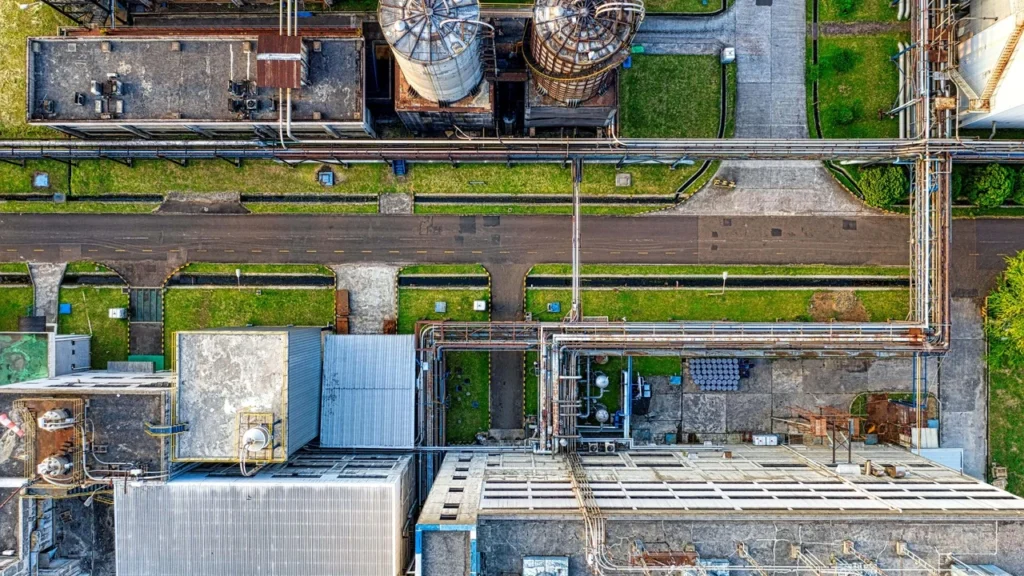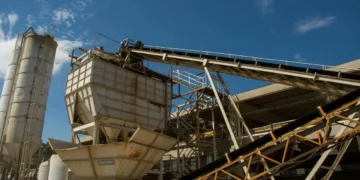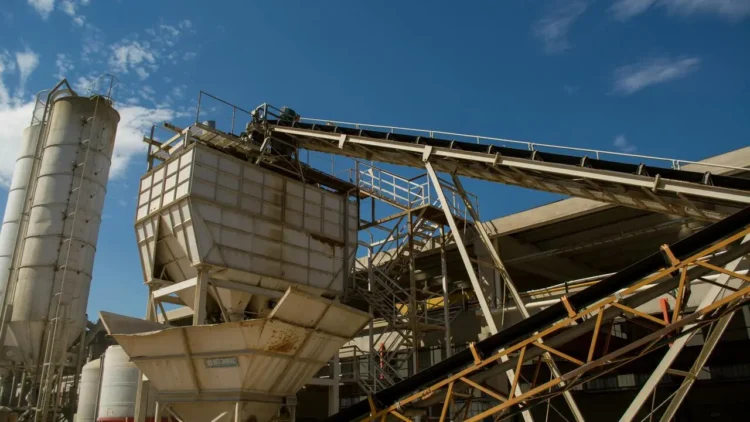In the quest for sustainable and durable infrastructure, steel slag road technology has emerged as a game-changer. This innovative approach repurposes industrial byproducts to create robust road surfaces, offering environmental and economic benefits. This article many into the intricacies of steel slag road technology, its advantages, and its potential to transform road construction practices.
What is Steel Slag Road Technology?

Read Also: Indian Cricket Team, Led by Rohit Sharma, Meets PM Modi After T20 World Cup Triumph.
Steel slag road technology involves using steel slag, a byproduct of steel manufacturing, as a primary material for road construction. Steel slag, when processed and treated, can replace traditional materials like gravel and crushed stone in asphalt and concrete mixtures.
Benefits of Steel Slag Road Technology
- Durability and Strength: Roads built with steel slag exhibit superior durability and strength, reducing maintenance costs and extending the lifespan of the infrastructure.
- Environmental Sustainability: Utilizing steel slag helps in recycling industrial waste, reducing the need for natural aggregates, and lowering the carbon footprint of road construction.
- Cost-Effectiveness: The availability of steel slag as a byproduct makes it a cost-effective alternative to conventional materials, potentially lowering the overall cost of road projects.
- Improved Performance: Steel slag enhances the performance of road surfaces by providing better resistance to wear and tear, weathering, and heavy traffic loads.
Steel slag road technology represents a significant advancement in sustainable infrastructure development. By harnessing the potential of industrial byproducts, this innovative approach not only improves road quality. As more countries recognize the benefits of steel slag, its widespread adoption could revolutionize road construction practices globally.
To get more out of our exclusive news, Join us on our WhatsApp Channel, Facebook, X, and Instagram.















